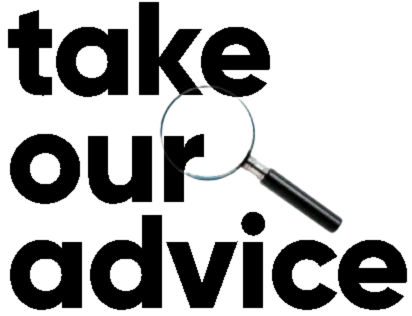
refinance your home
without the bumps and bruises.
close in on your investment.
Refinancing is a term that intimidates some homeowners, but don’t worry — we’re here to educate you and provide the necessary support so you can meet your financial goals.
Did you get your mortgage through us? Great! We’ll refinance your home for free! (Meaning, no lender-related costs.)
*This means no lender-related fees. We won’t charge for anything on our side. All standard third-party fees may be needed.
refinance benefits

Lower monthly payments.
Unless you financed your home during the super-low rate window that occurred in 2013 (or in 2020), your interest rate, most likely, is above 3.5%. The closer it gets to 4% or higher, the more a refinance is simply a great idea to save thousands of dollars.

Get cash. Cashout refinances are now important to help either reinvest into your home by making important changes to it like remodeling, adding a pool, or building an outdoor office pod, while keeping the cost of borrowing money low or lower than you currently have.

Pay off loans. You can greatly simplify your financial situation by using equity to improve overall cash flow by paying off high payment short-term debt. Sometimes it’s not a matter of how much people owe, but how they’re paying on it that’s the important thing.

Make smart financial decisions.
One of the worst financial decisions anyone can make is the choice to pay off a home loan and not take advantage of low rates. Pay cash for a home? Nah…put that money to work for you in the financial markets.

don’t
do
ALWAYS-FREE
refinance resources
FAQS
Why do we have to wait 4 days to fund? (if primary residence)
This is called the “Right of Rescission” or “ROR” – which was established in 1968 to protect borrowers from predatory lenders – requires that, on a refinance of a principal residence, the borrower is required to wait a minimum of three business days after the closing date so that they could “think about it”.
Does my spouse have to sign? Why?
In most community property states, the non-borrowing spouse (the spouse who isn’t on the mortgage loan) is required to acknowledge the existence of a mortgage loan and the associated foreclosure rights that the lender has on the property.
This is because in a community property state, the non-borrowing spouse may still have ownership interest in the home. If they don’t acknowledge the existence of a mortgage loan, then it is questionable as to whether the lender can foreclose on the property when all the owners of the property didn’t know about the debt that the property was secured by as collateral.
Therefore, the non-borrowing spouse signs the mortgage instrument (sometimes known as a Deed of Trust) – they are simply acknowledging, by signing the document, that there’s a mortgage loan, and that the lender has foreclosure rights. They are not obligating themselves to the loan.
Mortgage lender in Austin, Texas.
Where homebuyers find closure.
PUN INTENDED

COPYRIGHT © 2025 Mark Smith Team. All Rights Reserved. Privacy Policy
Individual NMLS# 295910
Company NMLS # 278675


